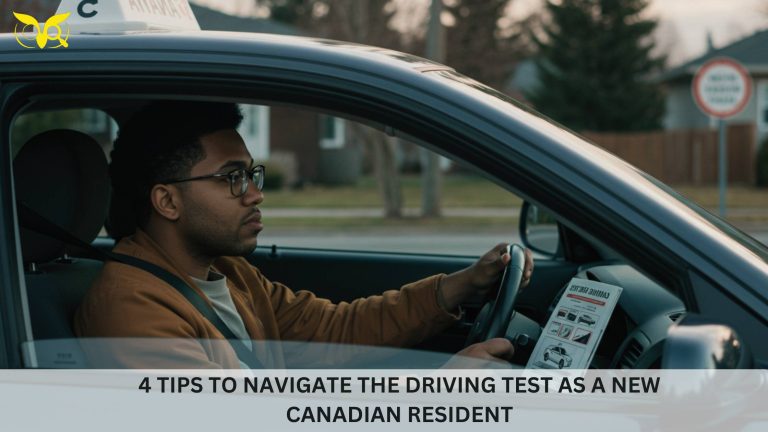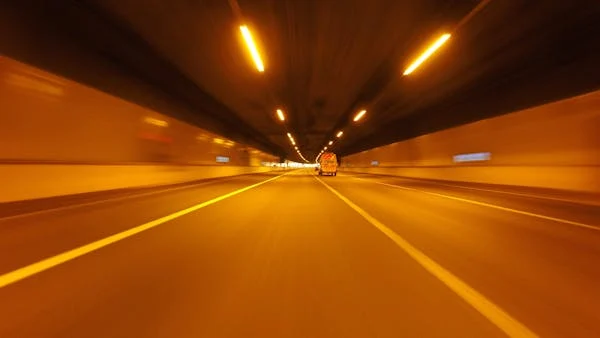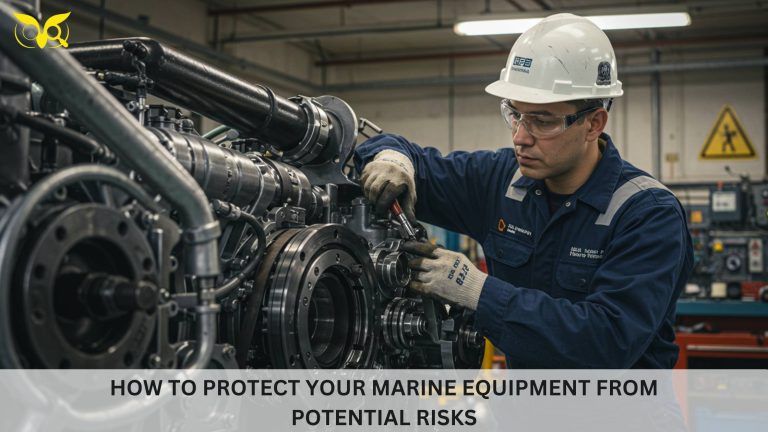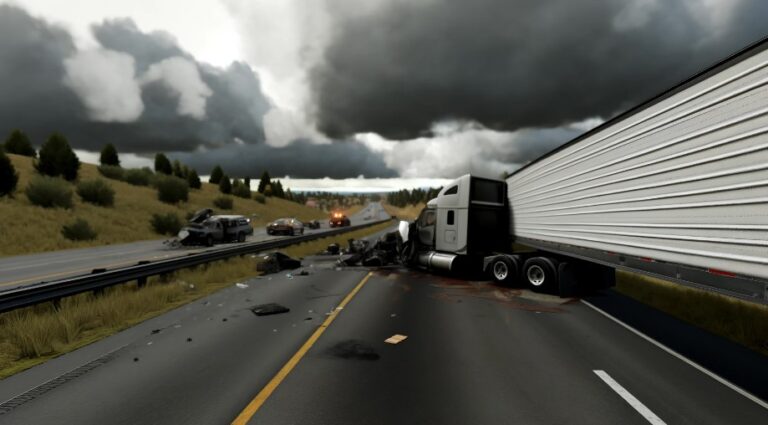
Traumatic truck collisions can leave scars that go beyond the physical injuries. The road to recovery is often long and riddled with obstacles that range from legal battles to intense emotional upheaval. But with the right guidance and resources, starting over doesn’t just mean getting back on your feet—it means pushing forward stronger than ever before. In this article, we’ll explore the essential steps to rebuild your life after a traumatic truck accident.
Understanding the Impact of a Traumatic Truck Collision on Your Life
Truck accidents often leave survivors facing physical disability, financial strain, and post-traumatic stress disorder (PTSD). The severity of these injuries can dictate the recovery trajectory, requiring extended medical treatment and rehabilitation. This can put undue pressure on victims financially and emotionally.
In addition to physical harm, the collision may leave emotional scars, such as anxiety, depression, and PTSD, which may hinder their ability to return to their normal routines. These psychological aftereffects require acknowledgement and treatment with the same diligence as the physical injuries. The financial implications of an accident, including lost wages and medical expenses, can be overwhelming. It’s crucial to understand these impacts to seek appropriate resources and support to address them.
Navigating the Legal Landscape Post-Truck Accident
After a truck collision, working with a truck accident attorney can make navigating complex trucking laws much easier. These professionals understand the regulations governing commercial trucking and can identify negligence by the driver or company, which is essential for building a strong case and securing fair compensation.
The legal process after an accident is often overwhelming, but a dedicated attorney offers guidance and support every step of the way. They handle deadlines, keep you informed, and help you seek justice, providing both legal expertise and emotional reassurance during a difficult time.
Strategies for Physical Rehabilitation and Recovery
Physical rehabilitation after a truck accident can be a long and challenging process. With the right combination of medical care, physical therapy, and personal determination, recovery can be achieved. Working closely with healthcare professionals is crucial to develop a personalized rehabilitation plan.
Physical therapists can assess the extent of injuries and create a regimen tailored to your specific needs. It’s important to be patient and follow the prescribed therapy, even when progress seems slow. Modern technology and therapeutic techniques are constantly evolving, enhancing recovery outcomes. Focusing on one’s strengths rather than physical limitations can foster a positive outlook, fueling perseverance and progress.
Rebuilding Your Emotional and Mental Well-being
After a traumatic event, emotional and psychological recovery is crucial. This journey can involve therapy, support groups, or creative outlets. Mental health care is essential for rebuilding life. Counseling or therapy provides a safe space to process trauma, confront emotions, and develop coping strategies.
Support groups offer a community of individuals who have faced similar challenges, providing comfort and encouragement. Cultivating a personal network of family and friends can also be beneficial. Social support can alleviate stress and foster an environment where healing can thrive. Recognizing the need for mental health care is a vital step in rebuilding one’s life.
Finding a Support Network and Resources for Truck Collision Survivors
Building a strong support network is essential for truck collision recovery. Healthcare professionals, counselors, family, friends, and other survivors each play a unique role in helping individuals regain stability. Resources like legal aid, counseling, and advocacy services are also invaluable for empowering survivors to take charge of their recovery.
For those seeking a fresh start, exploring options like a masters in sport administration online can open doors to new career paths and personal growth. Online support groups connect survivors, offering advice and encouragement that help combat feelings of isolation after such a life-altering event.
Overall, the path to reclaiming one’s life after a traumatic truck collision is multifaceted, involving legal action, physical rehabilitation, emotional support, and the strength of a caring community. By understanding the challenges and utilizing available resources, survivors can move forward with a renewed sense of purpose and optimism for the future.
Source: https://baddiehub.news/






